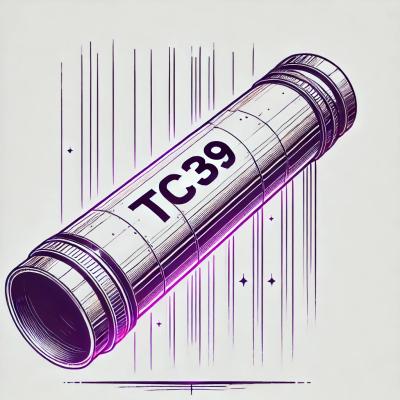
Security News
NVD Quietly Sweeps 100K+ CVEs Into a “Deferred” Black Hole
NVD now marks all pre-2018 CVEs as "Deferred," signaling it will no longer enrich older vulnerabilities, further eroding trust in its data.
step-fields
Advanced tools
STEP is a work in progress medical image computing project.
The goal is to implement GPU accelerated volume calculations using JavaScript and WebGL 2.0. Everything should run in the browser with only data access coming from external servers.
Internal data structures should be as close as possible to native DICOM representations.
Coordinates and matrices are defined with respect to reference coordinates with these names:
Patient or LPS is world space in millimeters with respect to the subject (patient) in LPS convention (left, posterior, superior) as defined in DICOM and Slicer.
Pixel or IJK is index space of the array. Layout in memory is as defined by the DICOM multiframe dataset values, but is for now implemented as pixel = volume[k][j][i] or pixel = volume[slice][row][column] where slice goes from 0 to dataset.NumberOfFrames-1, row goes from 0 to dataset.Rows-1, and column goes from 0 to dataset.Columns-1. The elements of a pixel coordinate are stored in column, row, slice order for consistency with stp space order.
Texture or stp is coordinate access when the volume is loaded in a WebGL 3D texture. Here the coordinates are 0 to 1 with sample.s selecting the column, sample.t selecting the row, and sample.p selecting the slice (reverse order of Pixel space).
Values that map from one space to another are named to indicate the direction of mapping. E.g. patientToPixel is a 4x4 matrix that maps from LPS space to slice,row,colum space and textureToPixel is a vec3 that goes from stp space to slice,row,colum.
This work is supported in part by the Neuroimage Analysis Center, 4P41EB015902.
FAQs
spatial fields for computation and imaging
The npm package step-fields receives a total of 2 weekly downloads. As such, step-fields popularity was classified as not popular.
We found that step-fields demonstrated a not healthy version release cadence and project activity because the last version was released a year ago. It has 1 open source maintainer collaborating on the project.
Did you know?

Socket for GitHub automatically highlights issues in each pull request and monitors the health of all your open source dependencies. Discover the contents of your packages and block harmful activity before you install or update your dependencies.

Security News
NVD now marks all pre-2018 CVEs as "Deferred," signaling it will no longer enrich older vulnerabilities, further eroding trust in its data.

Research
Security News
Lazarus-linked threat actors expand their npm malware campaign with new RAT loaders, hex obfuscation, and over 5,600 downloads across 11 packages.

Security News
Safari 18.4 adds support for Iterator Helpers and two other TC39 JavaScript features, bringing full cross-browser coverage to key parts of the ECMAScript spec.